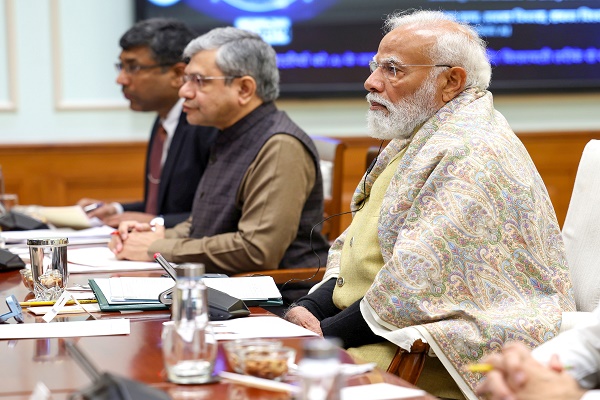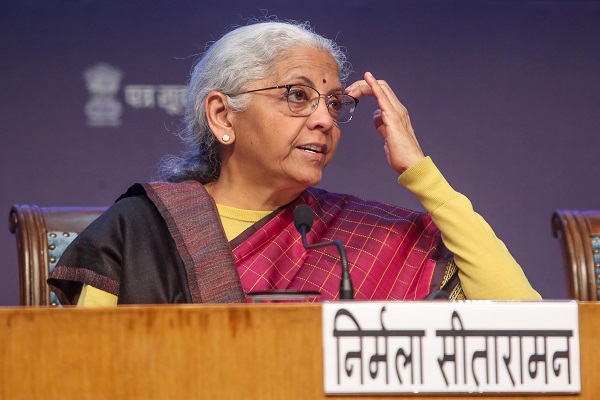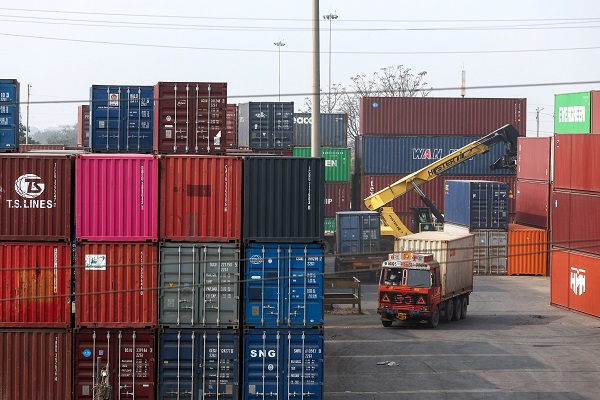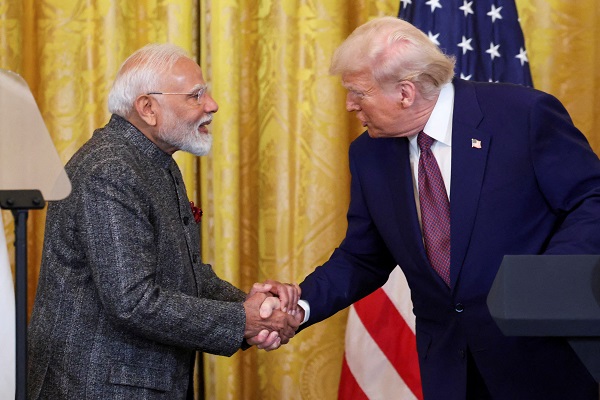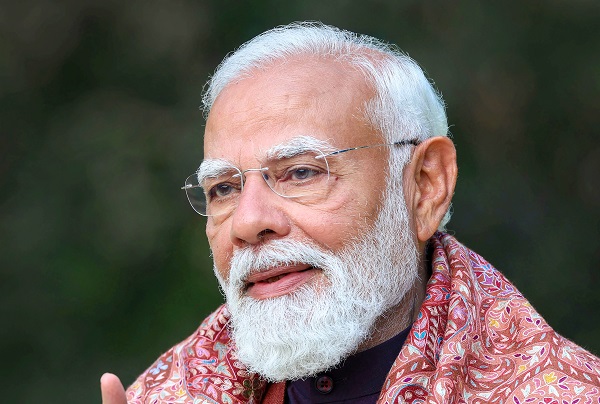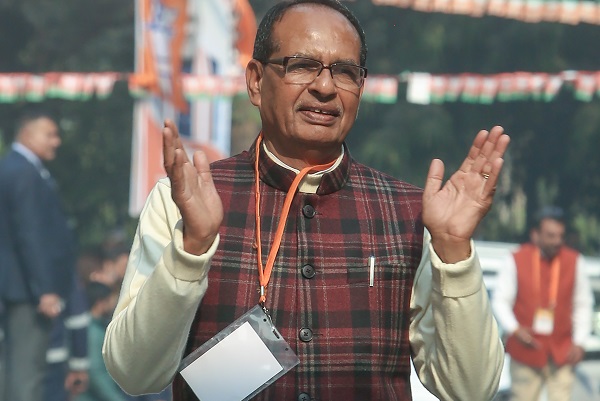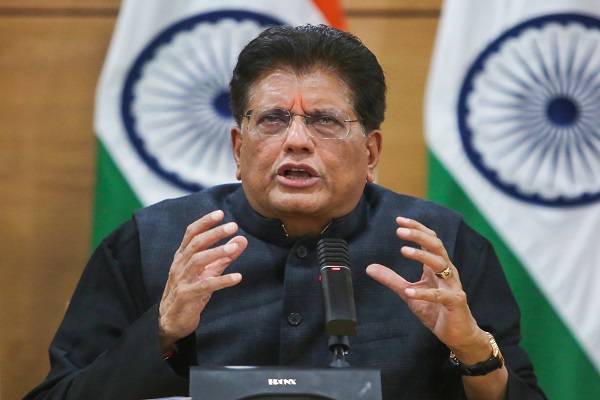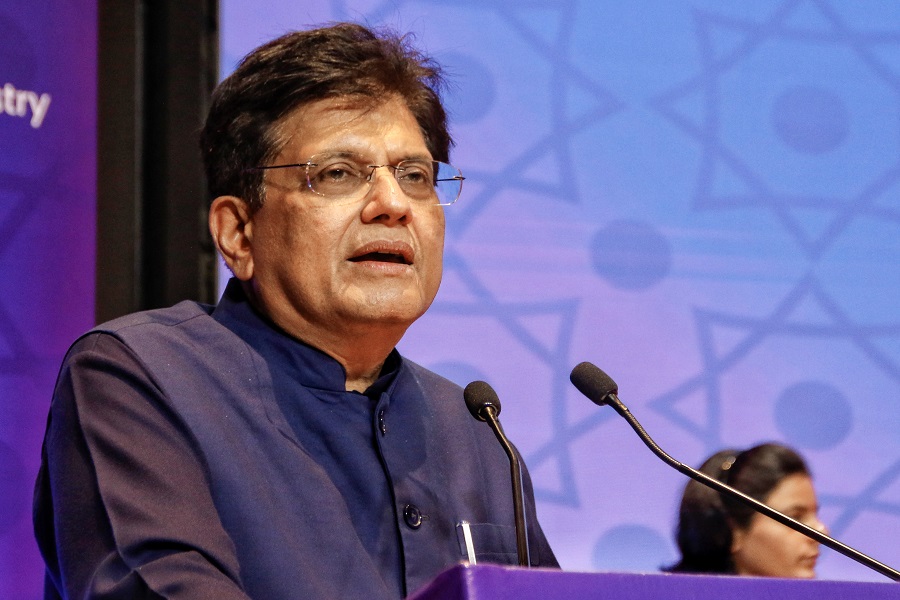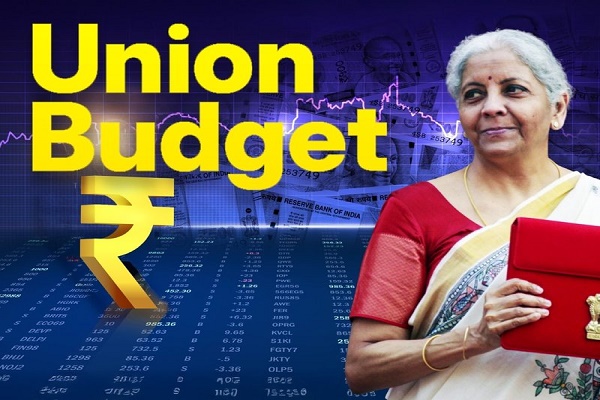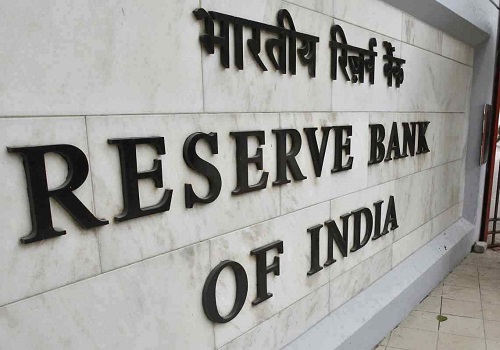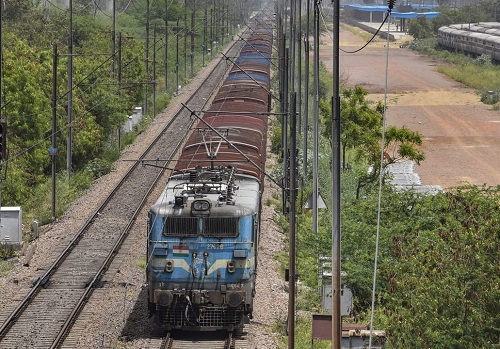Economy: Coalition journey: Long travails ahead by Kotak Institutional Equities

Coalition journey: Long travails ahead
Fears of the current coalition government being unstable are too premature. The more probable outcome would be slower decision making with slower passage of legislative agendas given a larger opposition and major executive decisions requiring a more consultative approach. All solutions to electoral losses need not be translated into populism and away from a macro framework built over the last decade. We expect the government to remain fiscally prudent and populism to be used opportunistically.
Compromises will increase in coalition
The weaker strength of BJP in NDA 3.0 (see Exhibits 1-2) increases the risks of compromises in the Indian government with interests of coalition partners needing relatively higher priority. We are already witnessing the cabinet size increased substantially (see Exhibit 2) although key ministries remain with the BJP. At the same time, demands from Andhra Pradesh and Bihar for higher budgetary allocation (comparable with special status) may result in at least Rs500 bn of additional allocation (see Exhibit 3). Furthermore, the executive agenda may become more consultative.
Not all solutions may require populism
While BJP’s lower seat count will be linked to need for more populism, we believe that not all solutions need to be fiscal-led. Beyond the political tweaks, over the next two years, assembly elections in Haryana, Jharkhand, Maharashtra (all in Oct-Dec 2024) and Bihar (Nov 2025) could imply populism on the state governments’ agenda rather than the center’s (see Exhibit 4). The center will likely continue to focus on (1) fiscal consolidation, (2) steady infrastructure spending, (3) basic spends such as on education, health, shelter, and security, and (4) efficient delivery of rural-based programs. Loans for capex to states could be increased with a lower share being conditional.
Increase in opposition strength may curtail legislative agenda
The sharp increase in opposition’s strength in Lok Sabha will make it hard for a quick passage for passing important bills, unlike the case in 16th and 17th Lok Sabha (see Exhibits 5-6). Nonetheless, we believe that most of the major investment-related reforms are already near completion (see Exhibit 7). The opposition may further sharpen their populist demands, risking to shift the focus away from long-term-oriented growth policies.
Gains in Rajya Sabha may be short-lived if electoral trends continue
The strong performance of BJP in Odisha and that of its NDA ally (TDP) in Andhra Pradesh may result in some increase in its strength in Rajya Sabha (see Exhibit 8). However, the recent weak performance in a number of states in Lok Sabha (see Exhibit 9) increases the risk of it losing a few states in the next two years—if current trends continue. As a result, we do not expect BJP to gain a significantly large majority in Rajya Sabha in the next two years. Exhibit 10 shows the upcoming assembly elections. Risks of a more populist Union Budgets would increase if the upcoming state elections’ results turn adverse for the BJP.
Above views are of the author and not of the website kindly read disclaimer

